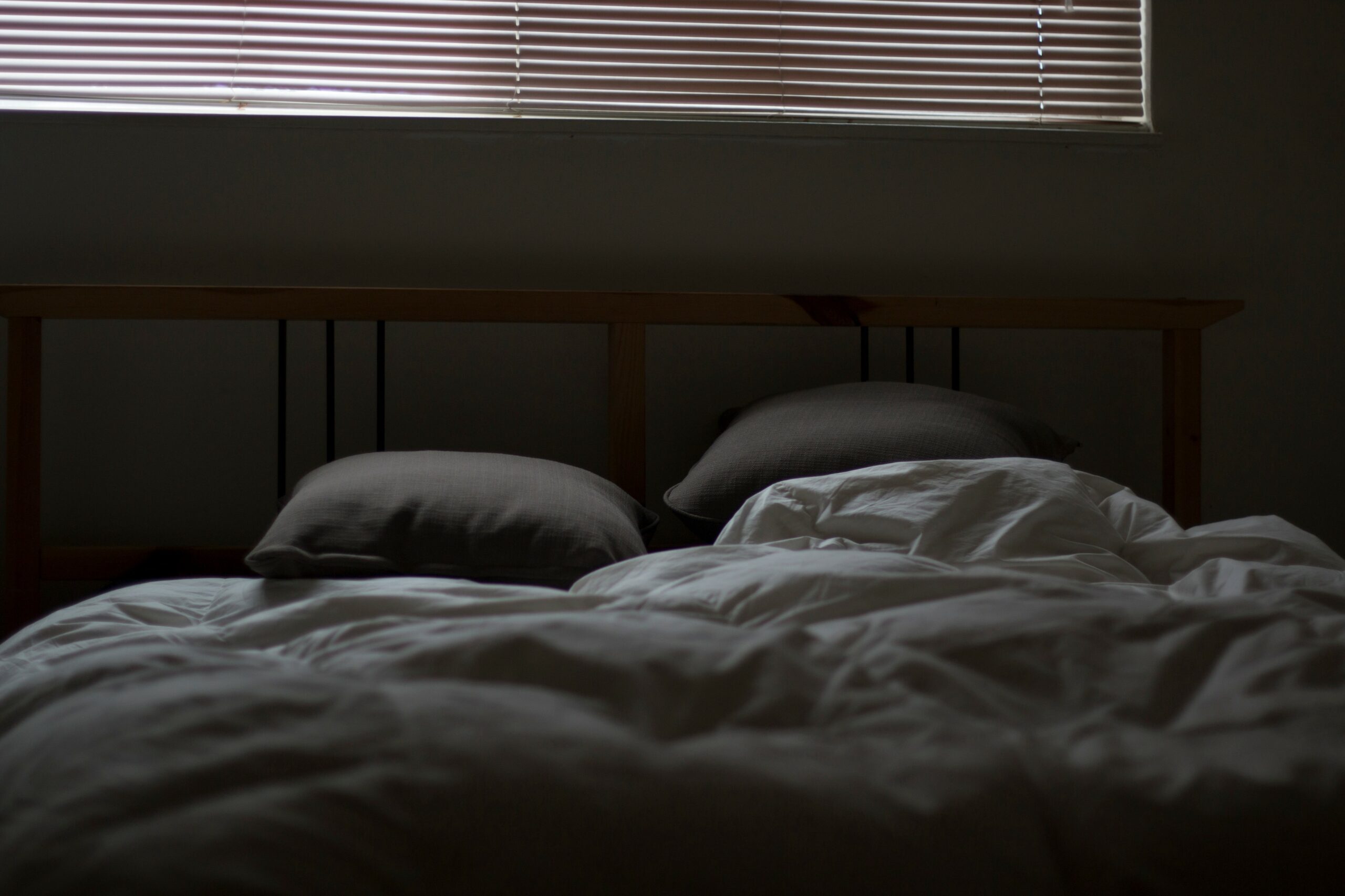Three-quarters of Americans say sharing a bed with their partner negatively affects their sleep quality—and the situation has gotten worse for 25% of them since the Covid-19 pandemic began, says a survey.
A total 1,008 Americans aged 18 to 73 years took the survey—comprising Gen Z (18-22), Millennials (23-38), Gen X (39-54) and baby boomers (55-73).
Fifty-three percent of them were females, 47% male, according to results of the survey by Sleep Standards.
The factor that most affected sleep quality for Americans who shared a bed with their partner was snoring.
Fifty-three percent of respondents in the survey said a partner’s snoring ruined sleep for them.
Another 41 in 100 had different sleep schedules. For 15 in 100, it was their partners electronic devices that disrupted sleep.
Thirty-six percent found their partners moved too much while sleeping, ruining theirs in turn, and another 17 in 100 said their partners had a hard time falling time
Only 5 in 100 had trouble sleeping due to a sleep disorder.
They didn’t leave things hanging though. To improve their sleep quality, 48% of couples got a bigger bed and 35% chose to sleep in different beds—something called a “sleep divorce”.
One in four opted for using a separate blanket, while 24 in 100 tried to sync their sleep schedule with that of their partner.
Thirteen percent chose to sleep with their pet.
The survey also found a link between age and increasingly less physical contact for couples.
Only 21% of baby boomers are likely to cuddle close and spoon with their partner. But millennials are doing it more often, as much as 33% of them, according to the survey.
Poor sleep does have consequences. The biggest consequence is playing between the sheets—52 in 100 had less sex, and 49 in 100 couples fought more often.
Beyond fighting, 10% of couples thought of breaking up or divorce at least once, and three in 10 actually broke up or divorced.

 Join Daily Trust WhatsApp Community For Quick Access To News and Happenings Around You.
Join Daily Trust WhatsApp Community For Quick Access To News and Happenings Around You.


